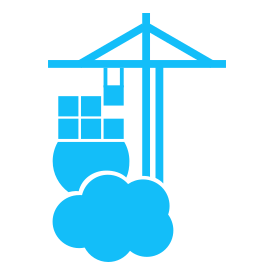
One thing for you to consider: Software RAID is no longer a dirty word and somewhat suspicious.
As current processors have a lot of power available, it becomes unnecessary to have a controller and a specialized processor. You can find good and solid RAID systems in free software, much more tested than a controller from… a beginner manufacturer.
More flexible configurations, more maintenance and recovery tools, more sophisticated security, better logs and, especially, great integration into virtualization platforms like Vmware and Proxmox.

It’s not for lack of trying, but I’ve never really been able to successfully set up redirects in Traefik or Caddy
Even asking ChatGPT for help.
I ended up having success using Nginx Proxy Manager, which has a beautiful interactive UI. Despite running from a DockerCompose /Portainer
Now… if only I could distill the entire configuration into a backup file…